Sealing natural stone countertops is a very common thing to do, because natural stone counters like marble and granite countertops are very porous and they can let water and other liquids seep in quite easily. So, in order to prevent your countertops from damage, here are some pointers on when exactly should you seal your natural stone countertops.
Why Is Sealing Important?
Natural stones are very porous and they can instantly suck water and other liquids present on top of their surface quickly. This makes them prone to damage and breaking. Sealing is done to add a waterproof layer on top of the surface of a natural stone countertop to prevent it from getting weak and brittle due to water damage. This is the primary reason why granite and marble countertops need to be sealed.
The Water Test
This test is a very easy indicator to find out whether your countertops need to be sealed again or not. Let’s say that your countertops have been sealed for a long time, up to a year, till now and you are unsure whether the seal should be reapplied or not.
The easiest way to test it is with water. What you need to do is take some water in your hand and drop it on top of your countertop where you feel like the seal is coming off. If the seal is intact on the surface of the countertop, then the water should remain in the form of droplets or a small puddle, it should not absorb into the rock. If the seal is not applied throughout or it has come off after some time, the water will start to spread on the rock and slowly seep onto the rock.
Natural rocks are quite porous and they can suck water and other liquids quickly almost like a sponge, so it is necessary to carry out this small test to make sure that your seal is intact and if it is not, then it’s probably time for a reapplication.
Reseal Your Countertops Every Year
Generally, it is best if you seal your countertops once every year. This is the standard recommended time for resealing your countertops. A yearly sealing of your countertops will ensure a long-lasting stone and better looking countertops even after years. Natural stones need to be sealed within this time frame if you don’t want them to get damaged or break easily. Their maintenance is very important.
Use Long Lasting Sealants
If yearly sealing sounds a bit intimidating to you, then there are many sealants available nowadays that are long lasting and don’t need reapplication until 36 to 48 months. If you can’t find the time to reseal your countertops on a yearly basis, then these long-lasting sealants are the best option to go for. These sealants are made up of waterproof materials like silicone and resins which stick to your countertop surface and adhere better for longer periods of time. This allows for better sealing and it doesn’t wear off even after a long time has passed.
Some Colors Need More Sealing Than Others
You might not know this but there are certain types of stones, based on their color, which need more sealing than others. For example, different colors of granite and marble are more dense than others which means that they are less porous and they don’t need to be sealed. Lighter colors of granite are more porous and they need regular sealing, even more than once sometimes during the year. Darker colors of granite and marble like blacks and greys need less sealing and they can generally get away with no sealing at all, because they are compact and dense than other materials. So, if you don’t want to seal a countertop over and over again, then darker colors of granite would be your best bet.
There you have it! With this thorough guide, you know the tell-tale signs when your countertops are in need of resealing. Sealing your countertops can add many years to the life of the stone and it makes the countertop look good as new again. You can also have granite contractors Potomac to seal your natural stone countertop once a year.

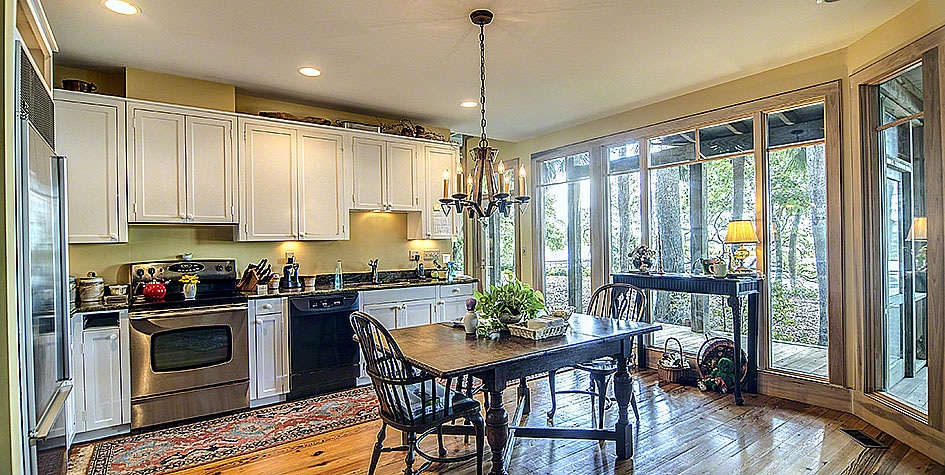
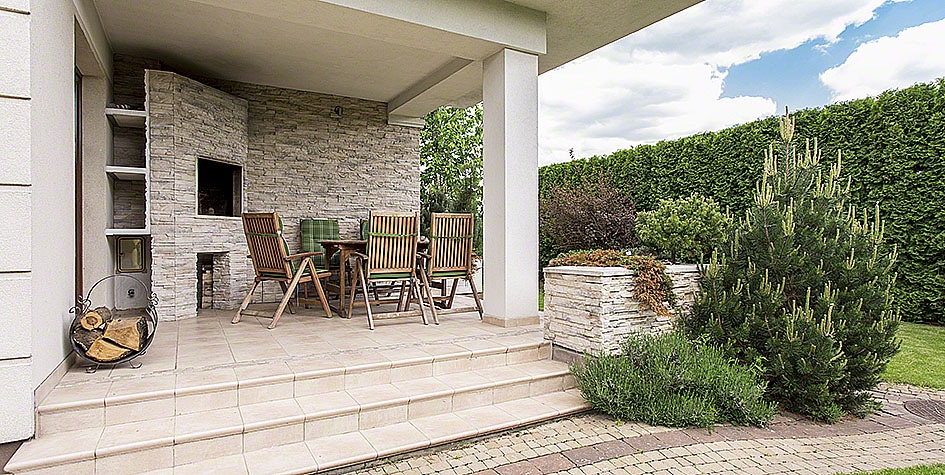


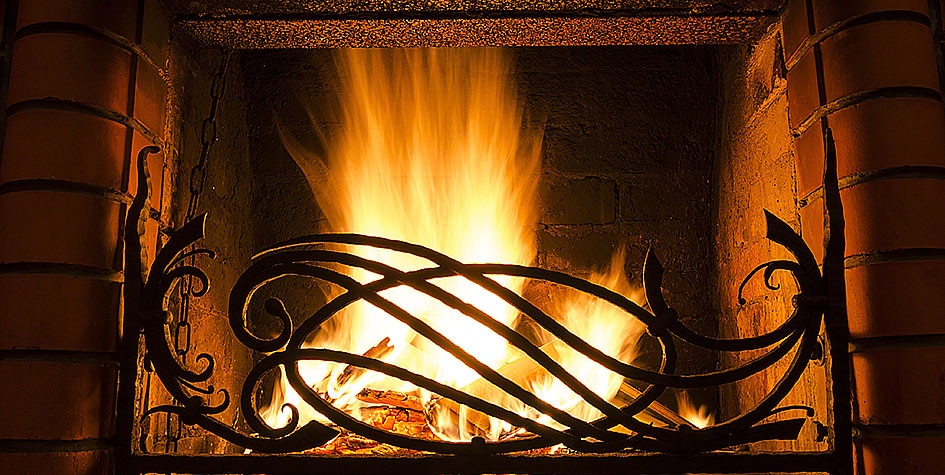

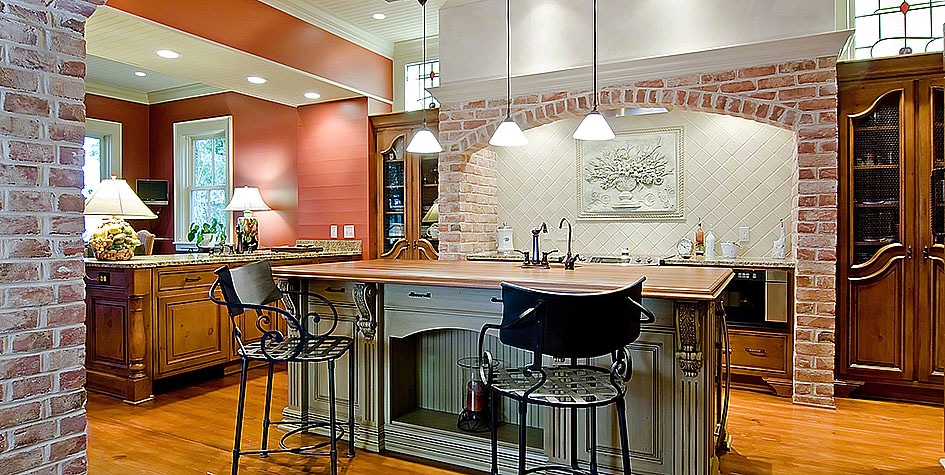


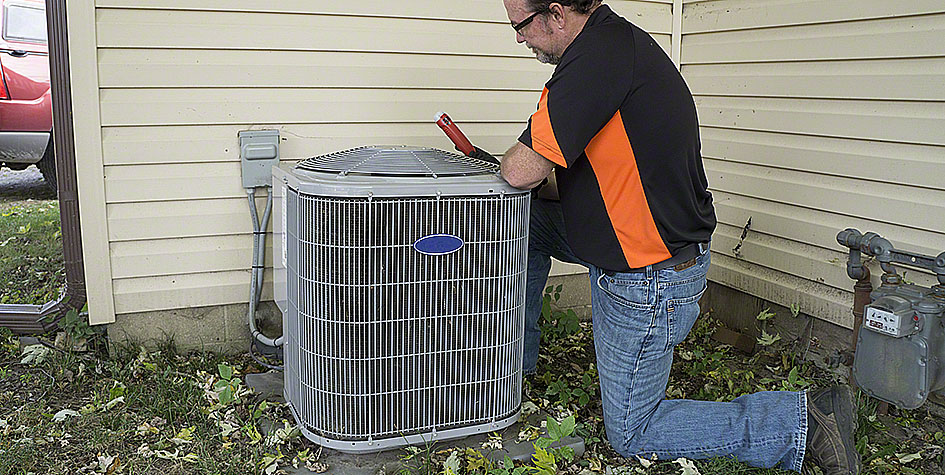

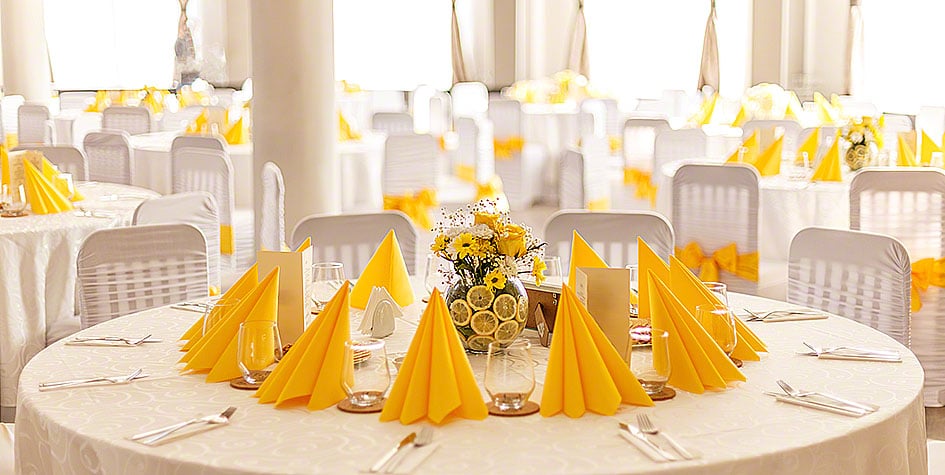

Comments